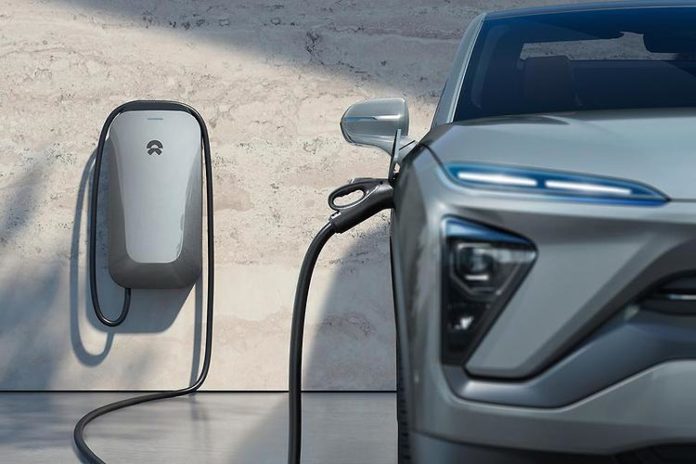Chinese car-maker NIO has confirmed rumours that it will launch its new Firefly EV brand in Europe in 2025, offering cut-price electric cars to rival the likes of the incoming Volkswagen ID.2 and Renault Twingo EV.
According to a Reuters report quoting NIO CEO Lihong Li, Firefly will be sold alongside its new Alps brand that’s also developing electric cars for European tastes.
Until now, NIO has aimed its EVs at more premium car-makers like BMW, Mercedes-Benz and Audi. However, pricing pressure from Tesla has prompted a change in strategy.
While Alps will be positioned as a direct Tesla competitor, Firefly will battle it out against the cheapest EVs from the likes of Renault, Dacia, Volkswagen and other Chinese brands that include BYD.
Alps will also focus on family-sized EVs, whereas Firefly will churn out smaller, more affordable electric cars that should provide the lowest price point possible, with some predicting the range will kick off from less than 100,000 yuan ($A21,000).
The Alps brand’s cheapest model, meanwhile, is tipped to start from 200,000 yuan ($A42,000.)
Li didn’t specifically mention pricing, but the arrival of Firefly could trigger a new price war at the bottom end of the market, benefiting consumers.
Despite the budget focus, NIO has promised the Firefly line-up will come with advanced technology.
Both Alps and Firefly models are expected to be based on a new architecture that will be capable of battery swaps in less than three minutes.
Even with battery-swap capability, it’s rumoured the cheapest Firefly EVs will also come with an 800-volt electrical architecture that should see it offer far faster charging compared to its 400-volt rivals.
NIO is already available in some European markets, with its range priced from €50,000 ($A81,000).
It has yet to enter right-hand drive markets, but Li did confirm recently that right-hand drive prototypes are running around, hinting heavily that a launch in the UK, Australia and other right-hook markets are in the pipeline.
Recently, NIO said it was cutting around 10 per cent of its workforce and was considering spinning off its battery manufacturing business, forming new partnerships and licensing its battery-swap tech to other car-makers.
For everything you auto know about EVs, listen to carsales’ Watts Under the Bonnet: the electric car podcast
Join the conversation at
Or email us at

